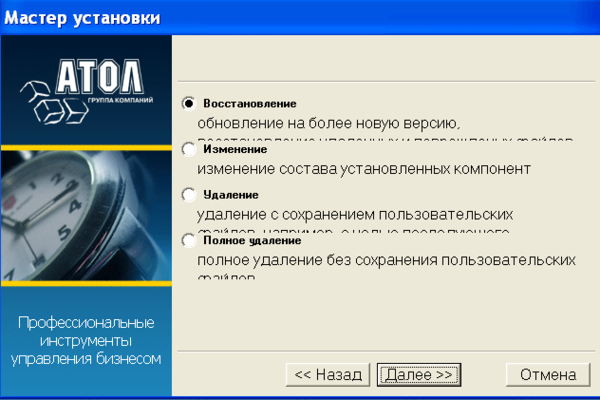Avoiding Remote Job Scams: A Complete Guide
페이지 정보

본문
When looking for remote gig opportunities, it's easy to get excited about the promise of flexible hours and work from anywhere. But with that freedom comes a rise in fraudulent postings targeting desperate applicants. Learning how to spot these scams can save you hours of frustration, financial loss, and emotional toll. One of the first red flags is a job posting that appears unrealistically attractive. If a role promises lucrative earnings with minimal effort, requires zero qualifications, or guarantees income without any interview process, it’s likely a scam. Legitimate employers prioritize demonstrated competence, and they take time to screen candidates properly.

Another warning sign is poor communication. Scammers often use identical phrasing across multiple postings, grammar errors, or overly casual wording in emails and job descriptions. They may also refuse to disclose an official site, registered office location, or official support channel. Always check for an official web presence. If there are no verified company pages, no reviews on sites like Glassdoor or Indeed, or if the website looks amateurish, proceed with caution.
Be wary of jobs that demand payment before starting. No legitimate employer will require you to pay for training materials, software licenses, identity verification, or laptops as a condition of employment. If you’re asked to wire cash, use PayPal Venmo for payment, or share login credentials, walk away immediately. Real companies never ask candidates to pay to work.
Also, be cautious if the job involves managing payments or logistics on behalf of the company. These are common tactics used in illicit courier operations. You might be asked to move money through your account, or to act as an unofficial courier. These activities often involve fraudulently obtained money or illegal goods, and you could be subject to prosecution.
Check the sender’s domain. Scammers often use free email services like Gmail or Yahoo instead of verified corporate addresses. If the email doesn’t match the company’s official website, that’s a strong indicator of fraud. Also, avoid downloading files from unsolicited messages, even if they mimic trusted brands. These can install malware or как найти подработку harvest your data.
Take the time to verify the person offering the job. Look them up on LinkedIn. Are they a verified worker with a plausible career path? Do they have mutual contacts at the firm? If their profile appears fabricated, that’s a warning.
Finally, trust your gut feeling. If something raises red flags, even if you can’t explain the unease, it’s better to play it safe. Reach out to mentors, remote work communities, or industry groups to ask for their opinion. Legitimate opportunities will never pressure you or force you to accept on the spot.
The remote gig market offers many real opportunities, but it’s up to you to protect yourself. Stay educated, stay skeptical, and always double-check every detail.
- 이전글You Make These Indocin Mistakes? 25.10.18
- 다음글Breaking News: Scientists Discover New Species of Marine Life in the Pacific Ocean 25.10.18
댓글목록
등록된 댓글이 없습니다.
